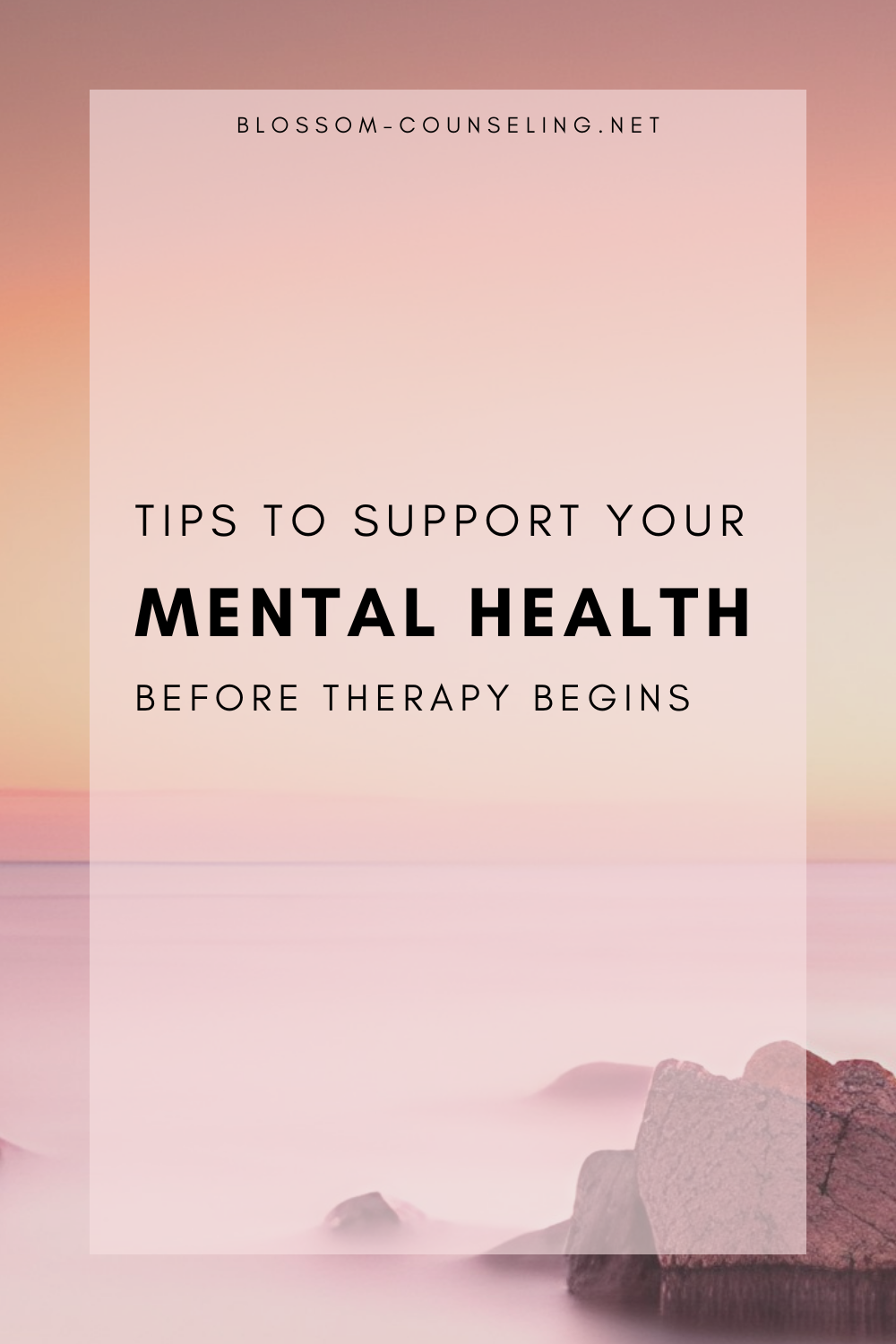
In the maze of life, we often find ourselves at crossroads where our mental health takes a hit. Whether it’s due to stress, anxiety, depression, or any other emotional challenge, the decision to seek therapy is a significant step towards healing. But, what happens when you’ve taken that step and are now in the waiting room of life, counting days until your therapy begins?
It’s common to feel a mix of relief and impatience during this period. The good news is, there are effective strategies you can employ to support your mental health while you wait for therapy. These self-help tips are not just stopgaps but valuable tools that can empower you to start your journey towards well-being right away.
Dive into the World of Journaling
Journaling is not just about documenting your day; it’s a powerful way to process emotions, reflect on experiences, and identify patterns in your thoughts and behaviors. Writing can serve as a therapeutic outlet, providing a safe space to express feelings you might not be ready to share with others yet. Start with a few minutes each day, and remember, there’s no right or wrong way to journal. It’s all about what feels therapeutic for you.
Establish a Mindfulness Practice
Mindfulness might sound like a buzzword, but its benefits are backed by a growing body of research. Engaging in mindfulness practices, such as meditation, deep breathing exercises, or even mindful walking, can significantly reduce stress and anxiety. These practices encourage you to stay present, helping to quiet the noise and chaos of overwhelming thoughts and emotions. There are plenty of free resources and apps to guide you if you’re new to mindfulness.
Get Moving
Physical activity is a powerful mood booster. Exercise releases endorphins, often known as the body’s natural antidepressants. You don’t need to commit to intense workouts; even a daily walk or some gentle yoga can make a significant difference. The key is to find a form of exercise you enjoy, making it easier to integrate into your daily routine.
Prioritize Sleep
Never underestimate the power of a good night’s sleep. Sleep and mental health are closely connected. Lack of sleep can exacerbate mental health issues, while healthy sleep patterns can improve them. Establish a relaxing nighttime routine, limit screen time before bed, and create a comfortable sleep environment. Consistency is crucial, so try to go to bed and wake up at the same time every day.
Build a Support System
Connecting with friends, family, or supportive communities can provide comfort and reduce feelings of isolation. Share your feelings with someone you trust. If talking about what you’re going through feels too difficult, simply spending time together can be uplifting. Remember, it’s okay to be selective about whom you open up to; your comfort and trust are paramount.
Explore Creative Outlets
Creativity is a powerful way to express emotions and experiences that might be hard to articulate in words. Drawing, painting, playing music, or crafting can be incredibly therapeutic and offer a sense of accomplishment. Don’t worry about the outcome; focus on the process and how it makes you feel.
Educate Yourself
Learning about your experiences can be empowering. Educating yourself about mental health can demystify many aspects of what you’re going through and provide a sense of control. There are countless resources available, from books and articles to podcasts and videos. However, it’s important to seek out reputable sources to avoid misinformation.
Practice Self-Compassion
Be kind to yourself. It’s easy to be your own harshest critic, but self-compassion is crucial during challenging times. Acknowledge your feelings without judgment, treat yourself with the same kindness you would offer a friend, and recognize that seeking help is a sign of strength, not weakness.
While these tips can provide support, they’re not a substitute for professional therapy. They are, however, practices that can complement your therapy journey and empower you to take an active role in your mental health. Remember, taking the first step towards seeking help is a brave move, and supporting yourself in the interim is a testament to your resilience. Your journey to well-being is already underway.
|
|




